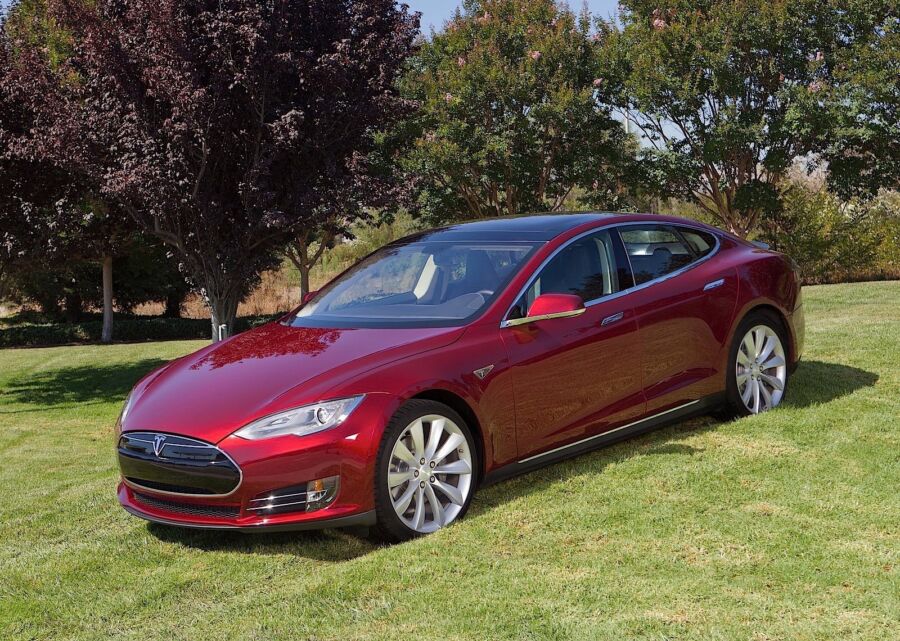The Pros and Cons of Owning an Electric Vehicle
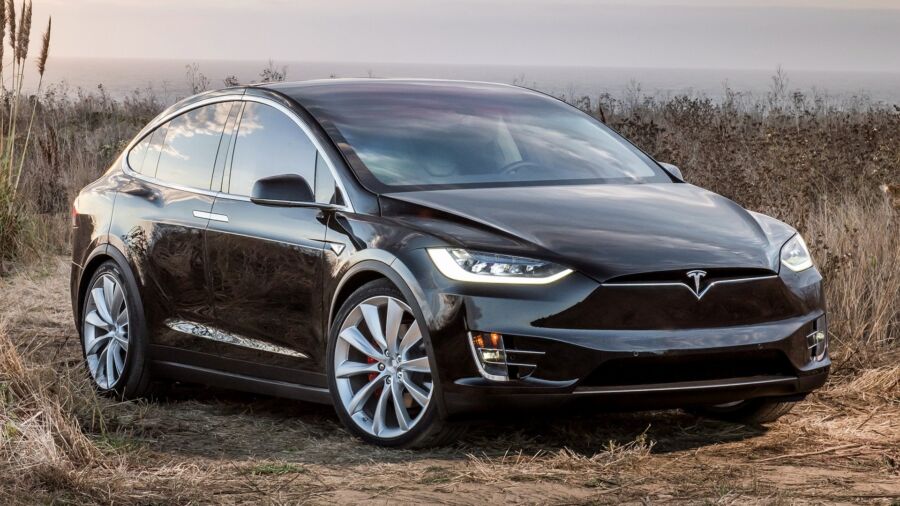
In a time where it seems that gas prices are constantly on the rise, many consumers are making the smart choice to go electric. Whether they choose a hybrid, a fully electric vehicle, or even make the switch to an e-bike is entirely up to them.
However, even after doing much of your own homework, you may not be buying exactly what you need, and could end up paying more than you expected. Not only that, but you could also end up paying more for routine maintenance than you anticipated. Or worse, end up renting a vehicle more often than you’d like because you don’t get the range you want or need out of your electric vehicle.
If you haven’t already made the switch to a partial or fully electric car yet, consider the following information before making a definitive decision about your vehicle purchase. It will help you shop smart for the electric ride of your dreams.
Once you decide about whether or not to sell your current vehicle, contact Cash For Cars BC today. We offer the MOST cash for cars, trucks, SUVs, vans, and motorcycles in Metro Vancouver, the Fraser Valley, and Vancouver Island.
How Much Am I Saving on Gas by Going Electric?
Aaahhh, the biggest question in the automotive world today; does the sticker price of a hybrid balance out with fuel savings in the long run?
Before many consumers decide about whether to switch to an electric vehicle, many of them spend their time Googling how much money they will actually save in fuel costs over at least a 5-year term of owning a hybrid.

However, much to their disappointment (and you may have already discovered this yourself) the answers are varying and often inconclusive. Because there are so many variables that differ from person to person, household to household, it’s virtually impossible to answer this question on a general basis.
So, instead, let’s go over the pros and cons of owning an electric vehicle. Then you can make the decision for yourself based on your use, needs, and budget.
The Pros to Going Electric
When someone asks you, “do you want the good news first, or the bad news?” we typically say, “give me the good news”. So, we’ve decided to start with the pros of owning an electric vehicle.
1.Helping to Reduce Emissions
Nothing is more of a “pro” than helping protect the environment and preserve our ozone layer. Going green means things like recycling, reducing our carbon footprint, and finding alternative transportation to old school gasoline powered vehicles. Alternatives like hybrid and fully electric vehicles.
2.Using Less Fuel than with Fully Gasoline Powered Vehicles
No matter how you look at it, driving a hybrid or fully electric vehicle will most definitely reduce your monthly fuel costs. Whether you drive in the city or spend much of your time on the freeway, you will notice savings in your monthly gas expenses. Less fuel is less fuel.
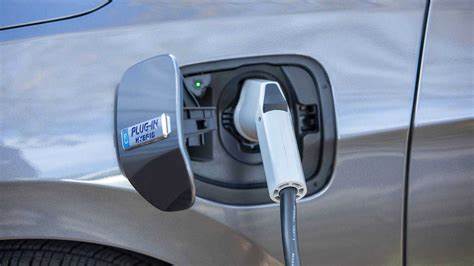
However, this doesn’t necessarily mean you’ll recoup your initial purchase price back in fuel savings alone.
All it means is that instead of spending $80 – $120 per tank of gas, you’ll be spending $10-$15 to charge it, plus whatever else you add for gas (for dual engine hybrids).
3.Less Maintenance
While it’s true that driving any brand-new vehicle requires less maintenance, the same is said for owning a hybrid or electric vehicle. They do require fewer trips to the mechanic, because they aren’t gasoline powered and run cleaner and more efficiently than combustion engines. They also have less parts that wear out through daily use, and because hybrids run on two engines, they require less coolant and less oil.
4.Less Road Noise
If you’ve ever lived in the country, or rural outskirts of a city like Langley or Aldergrove, you know what “quiet” actually sounds like. Amongst all the hustle and bustle of the city traffic in Downtown Vancouver, you may notice that the vehicles themselves are making less racket.
Why? Because many Vancouverites have made the switch to electric, and electric vehicles are of course, quieter than gasoline cars. Limiting road noise makes for a much more comfortable and peaceful drive for both drivers of EV’s and the other people on and around our city roadways.
5.Tax Incentives and Rebates
If you’ve spent even a few minutes perusing the hybrid or EV section of your local dealership, you’ve probably already noticed the trend with these vehicles; their sticker price. Going electric isn’t cheap, and certainly not when you want one with good range, a comfortable interior, and plenty of seating and/or cargo room.
Fortunately, the provincial and federal governments offer many different incentives for consumers who decide to make the switch to an electric vehicle for the first time. In addition to this, there are also incentives from companies like BC Hydro for switching to a hybrid or electric vehicle, like cash payouts for your old vehicle.

While programs like the one they offer are great, NOBODY can offer you more cash for cars than Cash For Cars BC. We pride ourselves on paying the MOST cash for used cars, trucks, SUVs, vans, and motorcycles. We even love purchasing used hybrids! Talk to us before selling your car to anyone else.
6.H.O.V. Lane Use on Highways

We’ve all looked over at the HOV lane longingly while sitting trapped on the #1 in rush hour on our way home from Vancouver. The good news is, that if you make the switch to an EV, you get to drive in the HOV lane, even if you’re all by yourself!
That’s right, an easy way to save on fuel costs and circumvent the many hours of your life you spend sitting in traffic is to own a hybrid vehicle. If you look closely at the HOV requirements on the signs, they say “2 or more passengers, EV & motorcycles OK”.
Some of the older signs only say that motorcycles are allowed to travel up the HOV lane, but the stickers you get to apply to the back of your hybrid also state that you’re allowed in the HOV lane. Just in case any law enforcement sees you traveling in that lane alone and is about to pull you over…
What Are the Cons to Owning an Electric Vehicle?
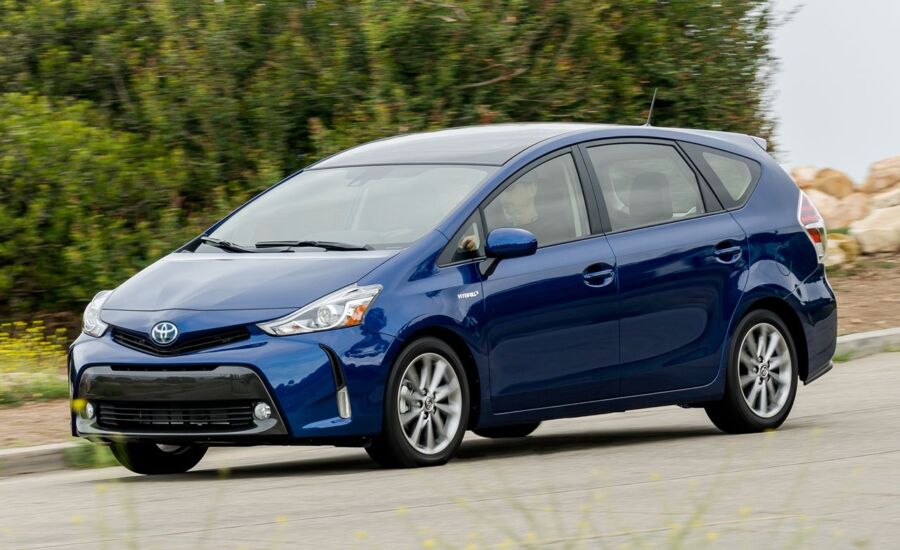
You take the good with the bad, and much like anything in this world, there is always a downside to even the greatest things. EV’s are no different. They bring with them many pluses for the average consumer, but also several downsides. This is why it’s so important to do your homework before making a major purchase like a hybrid or fully electric vehicle.
1.Depreciation
Like any vehicle you buy brand new, its value drops like a cinder block into a river the minute you drive it off the lot. However, EV’s are the worst for this.
This is in part due to their higher sticker price, but it’s also because the battery only offers so many miles (or charges if you prefer) on it. The cost to replace a hybrid battery is typically over $10,000, and when you only get so much drive time per battery, it is something that greatly affects its loss in value the more you drive it.
2.Charging Costs
The cost to charge any electric vehicle will generally vary, region to region. In Vancouver, the cost to charge at an EV station is usually 12.07 cents per minute 25 kwh charging, 21.13 cents per minute 50 kwh charging, and 27.17 cents per minute of 100 kwh charging.
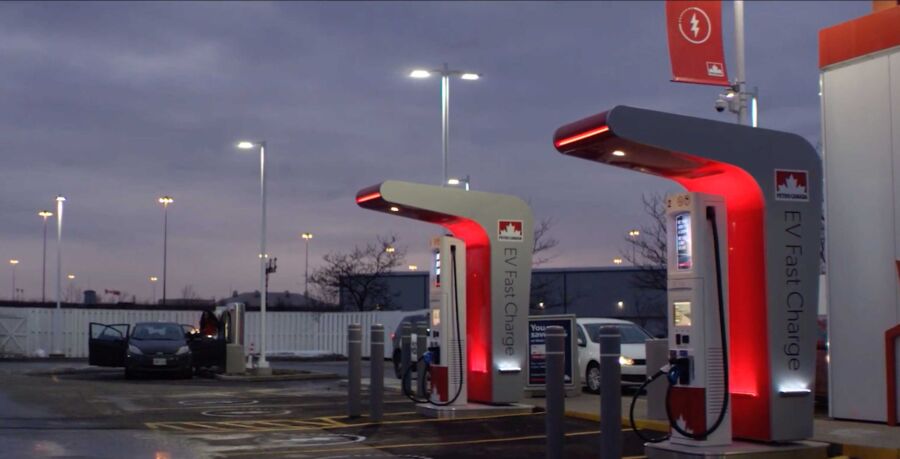
However, if you charge your vehicle primarily at home, the rate you pay is per kilowatt, not minute, which works out to 0.126 cents per minute on average.
So, ultimately, the more you drive the more you pay, just like with fuel. You’ll have to gauge the savings, if any, for yourself sadly.
Now, electricity costs vary province to province, the same was gasoline costs do. To help decide whether or not a hybrid is a more inexpensive route for you to take, consult with your local utility company to find out what you pay per kilowatt.
3.Battery Replacement
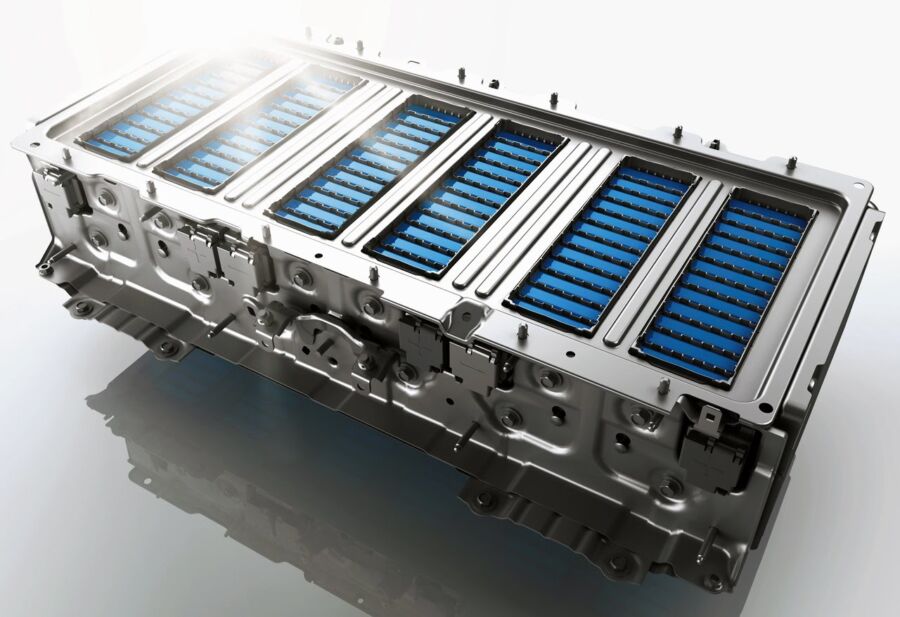
We touched on this earlier when we mentioned how an EV depreciates quicker than an average gasoline powered vehicle, and it’s definitely a big one; $10,000 big ones. In fact, that’s the median price of a hybrid battery, and they can definitely be even more.
While you may be saving on gas, you’ll be paying later on for it. That’s another reason why the jury is still out on whether or not a hybrid or EV is going to save you money in the long run.
4.Range Restriction
Remember getting your license for the very first time? How free you felt, and independent? Well, that feeling may start to elude you after buying an EV. While EV’s are great on gas and good for the environment, those selling points come with a price. And the price is range restriction.
You can only drive as far as you have charge for. Furthermore, if you switch to gas after using up all the charge, you’ll need to find a gas station that supplies both charging ports and petrol. While they are much more common nowadays, there are still a limited number of them in more rural areas throughout the province. Making roadtrips a little less accessible and convenient, to say the least.
5.Exuberant Sticker Price
It’s true, you get incredible incentives from the provincial and federal governments to make the switch to a hybrid or EV, but does it offset enough of the price to make it worthwhile? That’s debatable.
Some of the incentives are in the upwards of thousands of dollars. While others are minimal, depending on the type of EV or hybrid you purchase. They are also only offered once, when you first make the switch from gas to electric.
So, while it will offset your up-front costs when buying an EV, it doesn’t reduce the price enough in general to warrant a change to electric for everyone. Again, you need to consider your own personal budget, use for the vehicle, and driving range required.
Does It Cost More to Insure a Hybrid or Electric Vehicle in BC?
Before considering if owning a hybrid is right or you, you need to consider all of the investment involved with it. This includes insuring it. While hybrid vehicles are insured like any other car or truck on the market today, insurance is typically based on a variety of factors.
When you insure a car, ICBC considers what kind of vehicle it is. They also consider where the vehicle is primarily located, and what it will be used for. Then, they consider the obvious; how much it costs to do repairs. With a hybrid vehicle, this is where you will see an increase in your insurance costs.
Hybrid vehicles run on batteries… expensive batteries. In fact, replacing a battery as mentioned earlier can cost $10,000+, depending on the type of hybrid you drive and the kind of battery it runs on. This could cause a higher monthly premium to insure your car, but also result in paying a much higher deductible when it comes time to replace or repair it.
How Does Owning a Hybrid Affect My Insurance in the Lower Mainland?
As mentioned before, a big part of what ICBC first looks at is the type of vehicle you’re insuring. While hybrid vehicles are a different type of vehicle, they don’t get treated any differently when it comes to the primary basis of insuring them. More important factors for ICBC is where the vehicle is located, where and how it is parked regularly (in a garage, on the street, etc), what type of driving history does the principle operator have, and what it will be used for (work, leisure, etc).
One thing that does greatly impact what you’ll pay per month for car insurance in BC with a hybrid vehicle is the overall cost of the vehicle and the cost to replace important components, or the vehicle itself. While the government does offer some really helpful incentives for buying a hybrid or EV, this doesn’t diminish the true value of the car, which is something ICBC considers before insuring it.
If you buy a hybrid for $35,000 after incentives, perhaps a trade-in vehicle, and a down payment, but the car’s sticker price was originally $60,000, that’s the price ICBC is going to consider when applying insurance to it. That’s because if the vehicle needs replacing, their cost will be that of the original sticker price, less any depreciation. Additionally, if the vehicle isn’t a write-off after being damaged or stolen, then they have to consider the cost to replace parts and the fix what remains. Hybrids typically cost much more than gasoline powered vehicles to do this.
So all in all, insuring a hybrid can be a bit more expensive, but that depends entirely on the make and model that you choose, where you keep it, how you use it, and whether it’s a premium hybrid or EV, or an economy model.
Can I Sell My Used Hybrid Today?
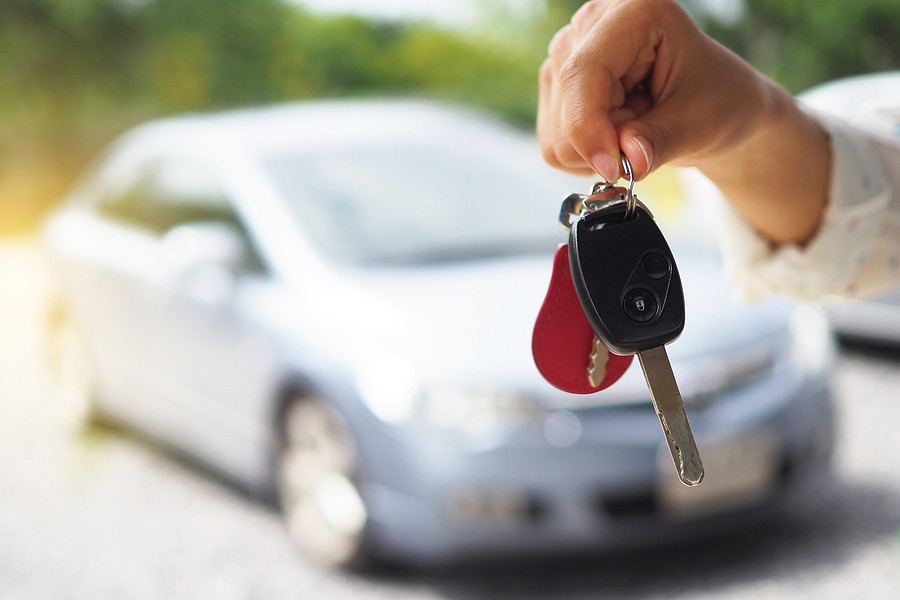
Yes, you can! Cash For Cars BC are the Lower Mainland’s most efficient used car buyers. We pride ourselves on making the process of selling your car quick, easy, and incredibly convenient. That’s why we handle all the paperwork, we come to you, and NOBODY Pays More!
How Much Cash Can I Get for My Car?
Every vehicle has its own unique history of maintenance, driving time, location of driving, any collisions, and even remaining financing. That’s why it’s so important that we get the preliminary details from you over the phone, but book an in-person appointment to see your car first-hand.
After we get the specifics about the vehicle you’re selling, we’ll arrange a day and time that works be st for you to come and appraise your vehicle in person. If we like what we see (and we usually do), we’ll make you an instant cash offer right on the spot. It’s that simple!
Contact Our Used Car Buying Team Today
Interested in seeing what your car, truck, SUV, van, or motorcycle is worth? Give us a quick call. All it takes is a simple call, text, or email to get the ball rolling.

If nothing else, you’ll learn the true value of your car, especially if you’ve already been lowballed by the dealerships or private buyers. We are the experts when it comes to car buying, and we believe in complete transparency. That’s why we are always happy to offer free vehicle selling advice, even if you don’t become one of our customers.
We are the best because we are committed to being the best, and when you’re selling a car, why wouldn’t you go with the best? Call us today to find out why more people choose Cash For Cars BC to sell their vehicle than anyone else.

